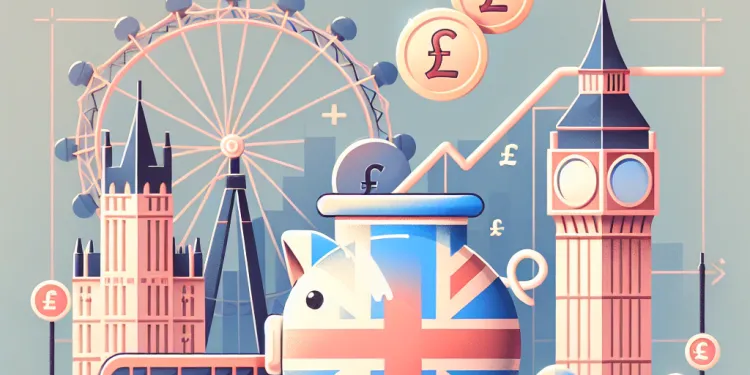
Find Help
More Items From Ergsy search
-
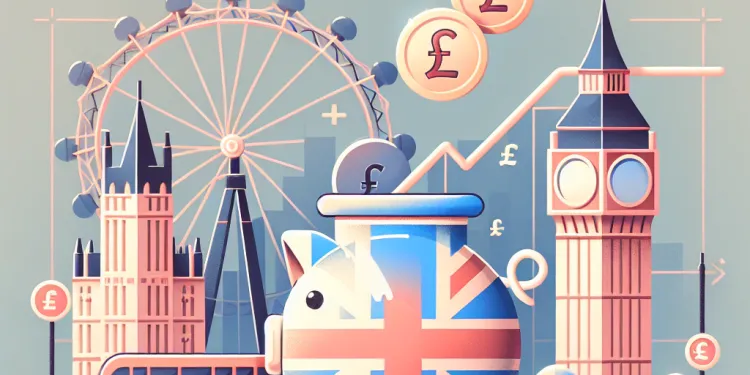
How much would I need in an ISA to generate £2,000 monthly?
Relevance: 100%
-
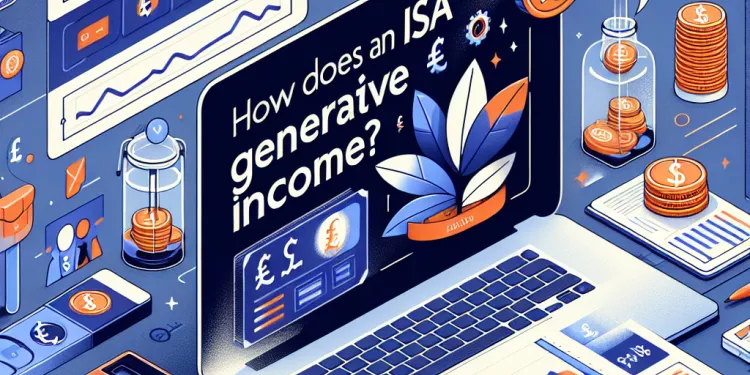
How does an ISA generate passive income?
Relevance: 85%
-
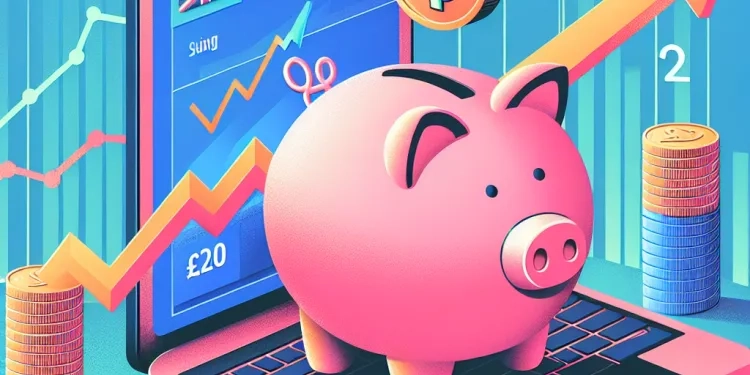
How much would I need in an ISA for a £2k monthly passive income?
Relevance: 83%
-
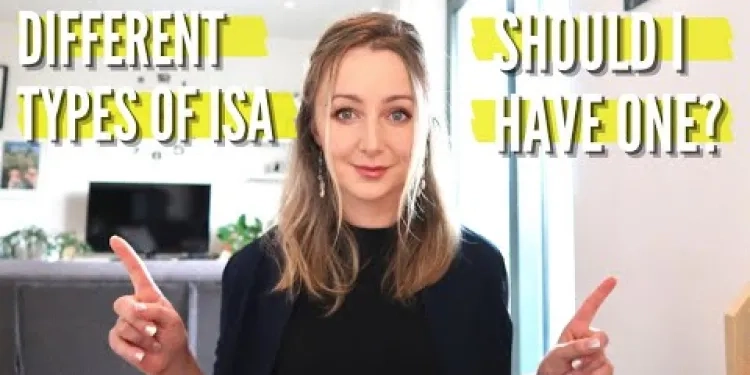
What Is An ISA UK (Should I have an ISA & Different Types Of ISAs)
Relevance: 58%
-
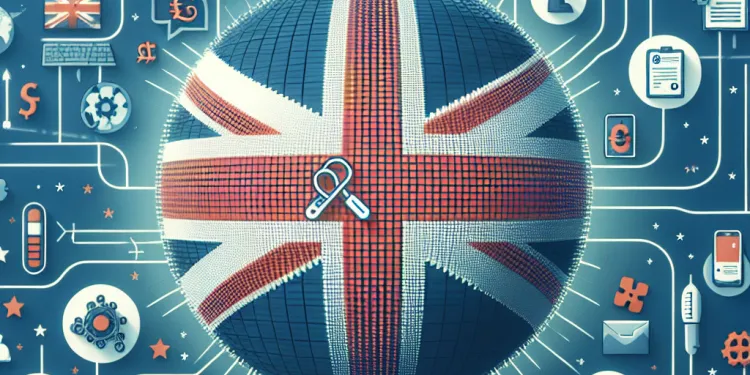
What is an ISA?
Relevance: 53%
-
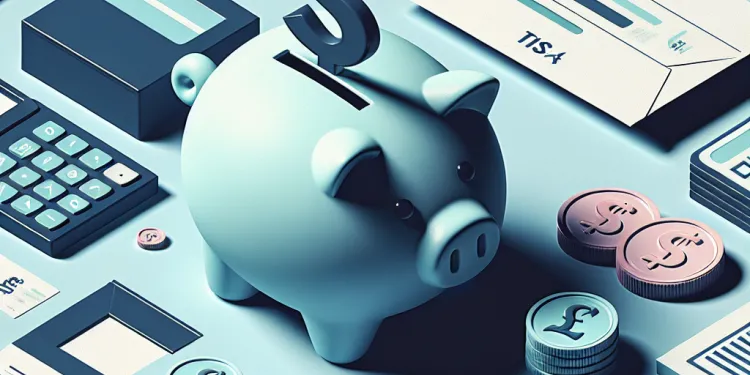
Do I need to declare my ISA income on my tax return?
Relevance: 52%
-
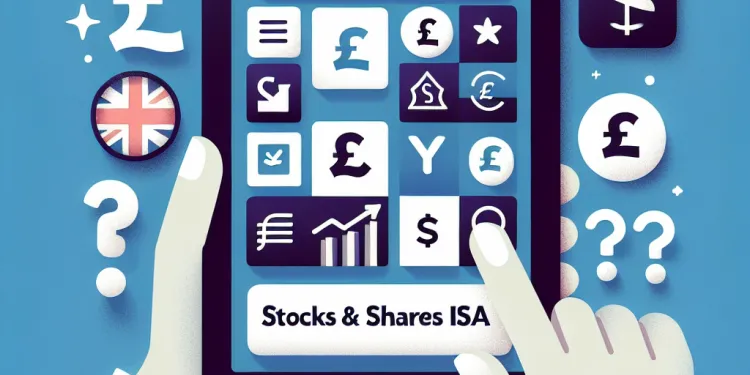
Are there fees associated with Stocks & Shares ISAs?
Relevance: 48%
-
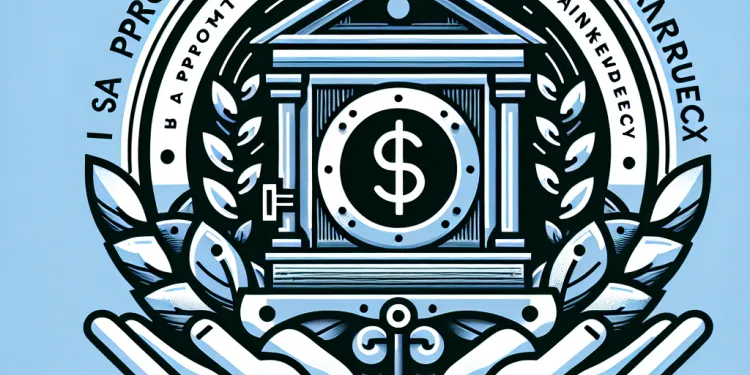
Is my ISA protected if my provider goes bankrupt?
Relevance: 47%
-
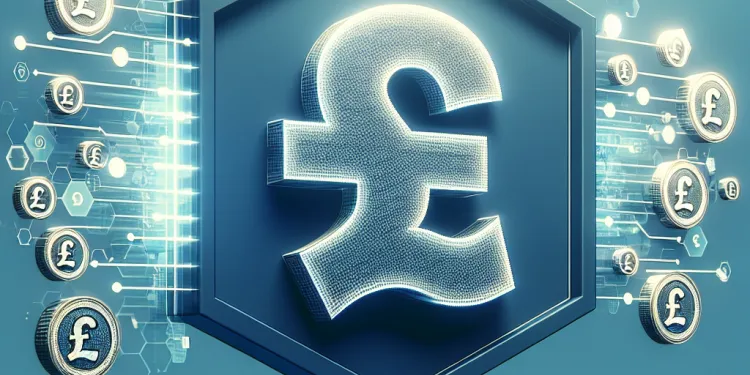
Can I transfer my ISA between providers?
Relevance: 47%
-
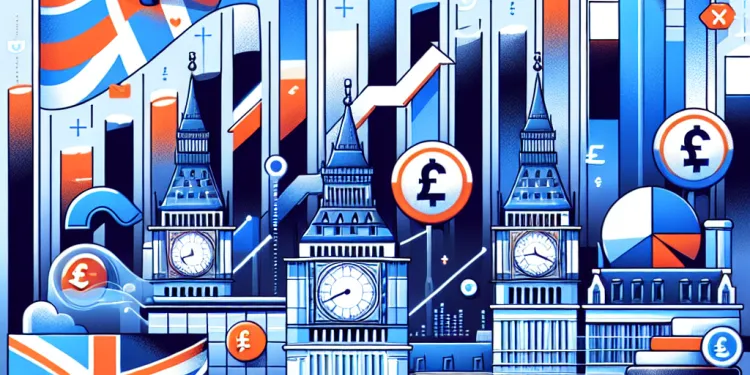
Can I invest in foreign stocks with an ISA?
Relevance: 46%
-

What types of ISAs can I use for investments?
Relevance: 46%
-
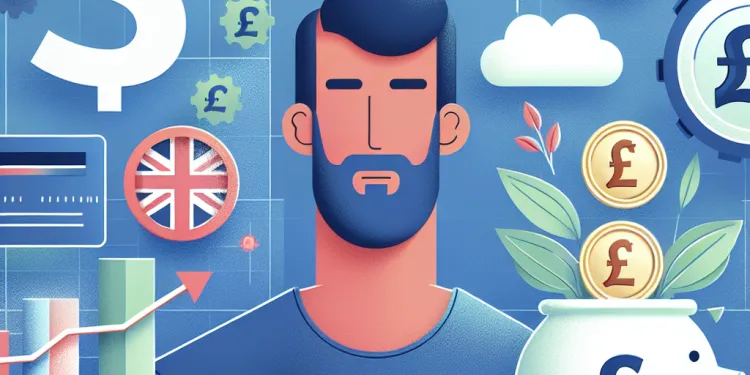
What happens if I exceed the ISA contribution limit?
Relevance: 45%
-
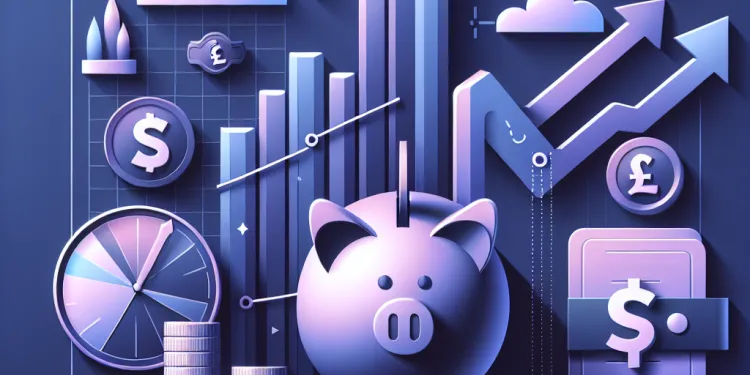
What is a realistic rate of return for an investment ISA?
Relevance: 44%
-
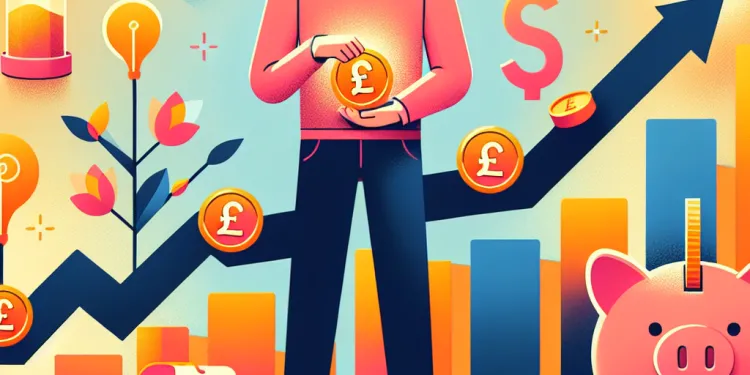
Saving for the Future: The Best ISAs to Consider Right Now
Relevance: 44%
-
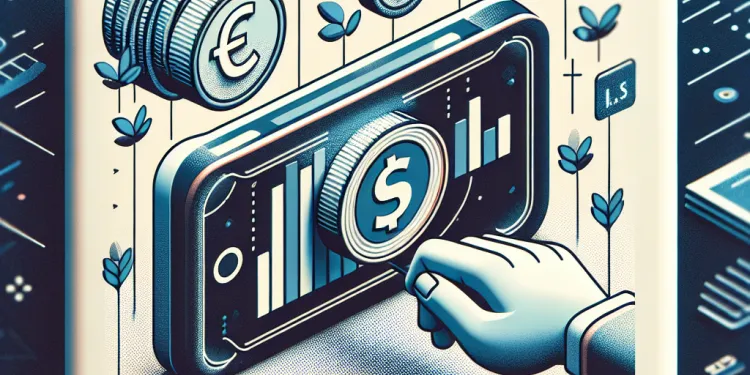
Can I withdraw money from my ISA any time?
Relevance: 44%
-
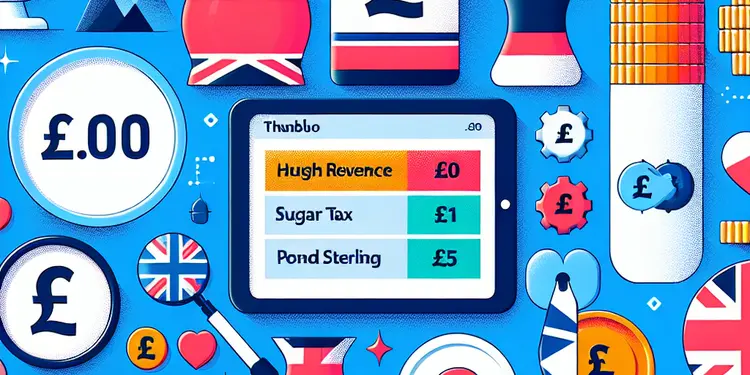
How much revenue has the sugar tax generated?
Relevance: 37%
-
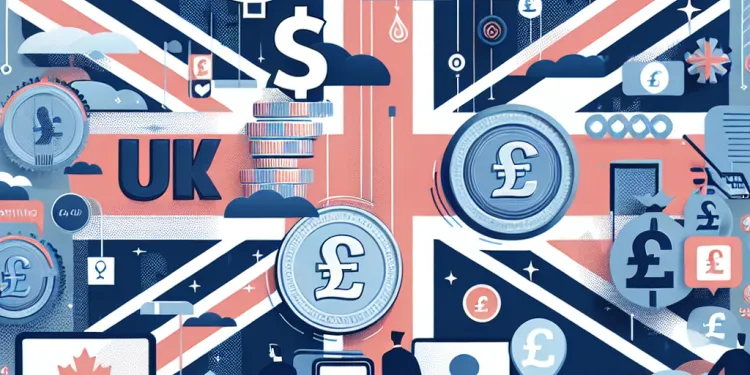
Can I have multiple ISAs?
Relevance: 34%
-
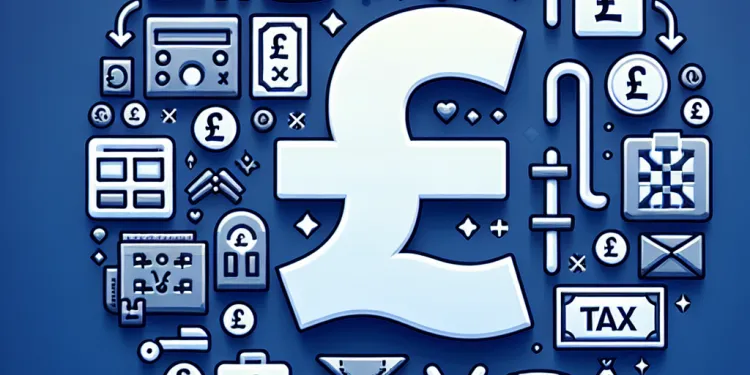
How are dividends in an ISA taxed?
Relevance: 34%
-
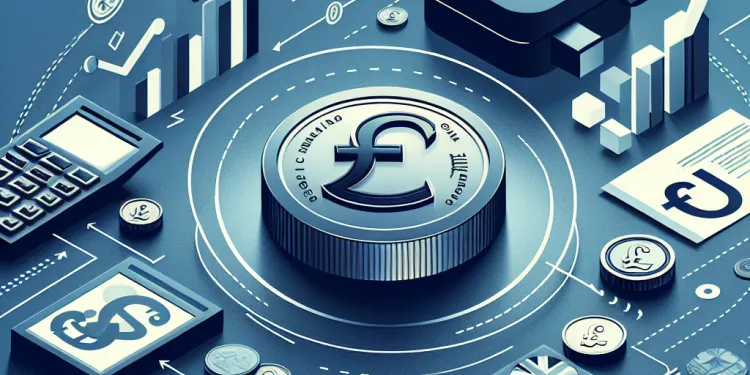
What happens to my monthly payments if interest rates rise?
Relevance: 29%
-
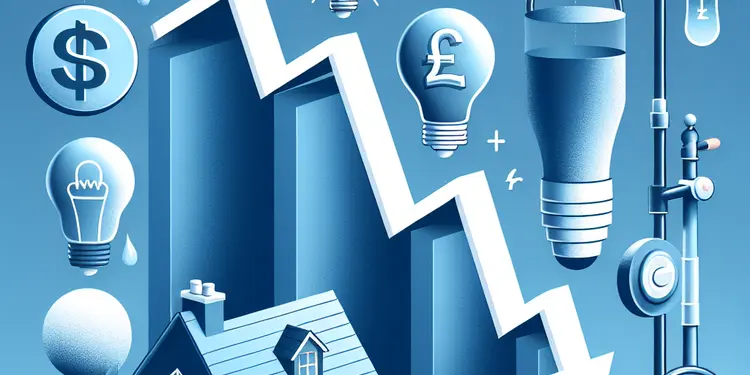
How can I lower my monthly utility bills?
Relevance: 29%
-

UK House Prices Fall for Third Consecutive Month
Relevance: 28%
-

Remortgage within 6 Months on the open market value Residential or Buy to Let Properties
Relevance: 27%
-

How do I treat my child's cold? (9 - 30 months) | NHS
Relevance: 27%
-

How do I deal with burns and scalds? (9 to 30 months) | NHS
Relevance: 22%
-
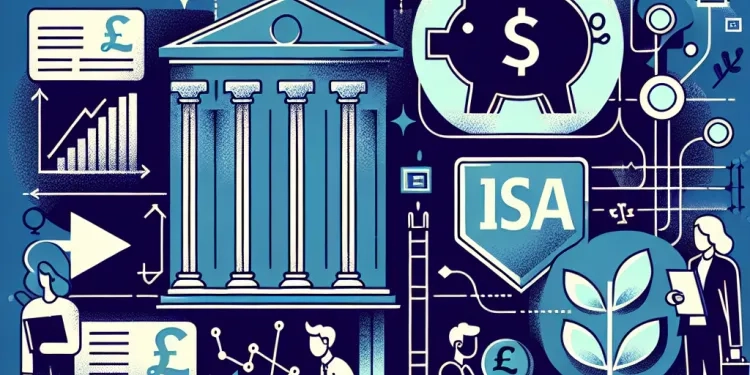
Are there any limits on how much I can invest in an ISA per year?
Relevance: 15%
-

How do economists view the impact of wealth taxes?
Relevance: 12%
-

Would a wealth tax replace other taxes in the UK?
Relevance: 12%
-
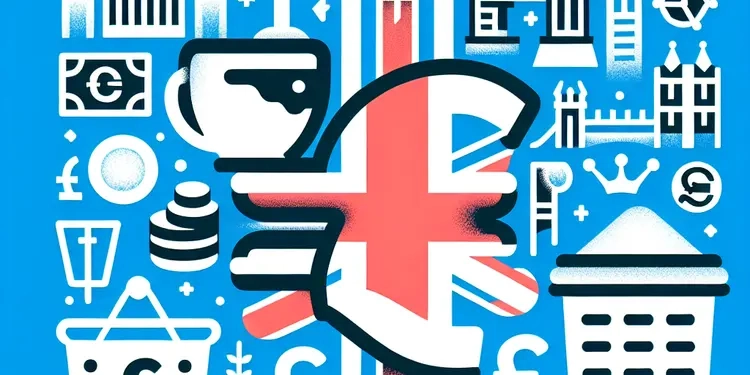
What is the sugar tax in the UK?
Relevance: 11%
-

When would HP be more beneficial than PCP?
Relevance: 10%
-

What if I'm self-employed and my income varies?
Relevance: 10%
-

Should you Pay down your Residential Mortgage?
Relevance: 10%
-

How often should I visit the dentist?
Relevance: 10%
-

What causes Huntington's disease?
Relevance: 10%
-

Can using the same password across accounts increase the risk of hacking?
Relevance: 10%
-

How much does it cost to play the Postcode Lottery?
Relevance: 10%
-

How might a wealth tax impact inequality in the UK?
Relevance: 10%
-
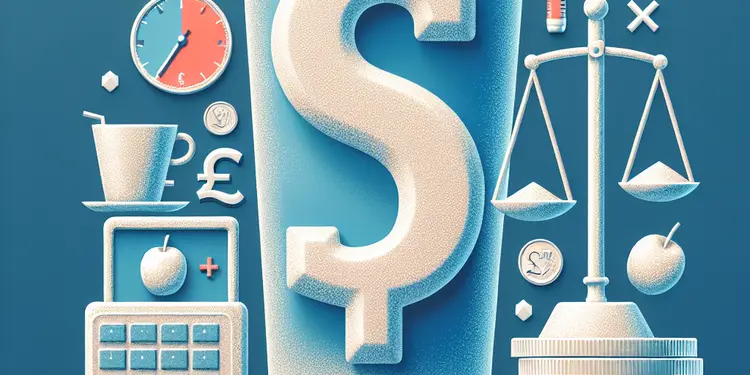
Has the sugar tax been effective?
Relevance: 10%
-
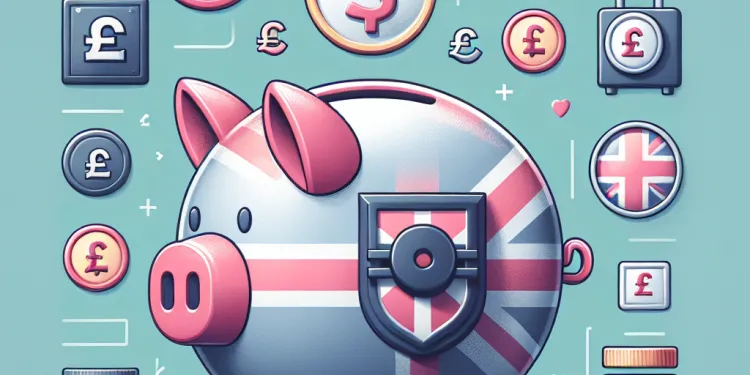
How can individuals protect their retirement savings?
Relevance: 9%
-
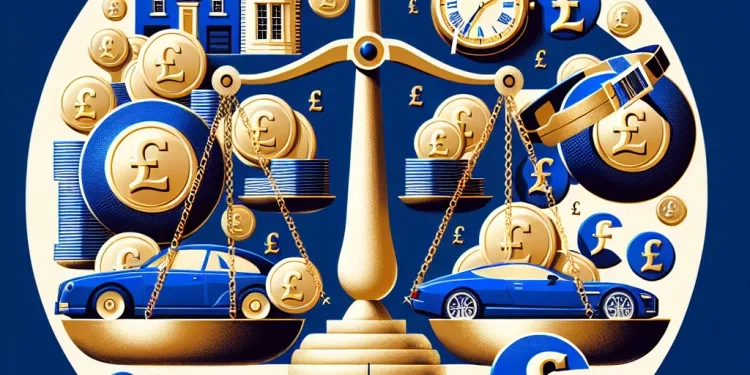
What arguments are made for a wealth tax in the UK?
Relevance: 9%
-

Raynaud's Disease
Relevance: 9%
Understanding ISAs
An Individual Savings Account (ISA) is a tax-efficient way for individuals in the UK to save or invest. The main types of ISAs include Cash ISAs and Stocks & Shares ISAs. While a Cash ISA offers interest income free of tax, a Stocks & Shares ISA allows investment in various assets such as stocks and funds, where gains and dividends are tax-free.
Calculating Monthly Income from an ISA
To generate a monthly income of £2,000, the key is to understand the return rate achievable within an ISA and your investment strategy. The amount needed will depend on the interest rate for a Cash ISA or the investment returns for a Stocks & Shares ISA. Generally, investment returns can vary greatly, while Cash ISAs typically offer more predictable, albeit lower, returns.
Cash ISA Scenario
For a Cash ISA, assume an annual interest rate of around 1-2%. To generate £2,000 monthly, or £24,000 annually, you'd need to calculate based on the interest rate. If your ISA yields 2% annually, you need approximately £1,200,000 in the ISA. This is derived from the formula: Required Principal = Desired Annual Income / Interest Rate. Here it is £24,000 / 0.02 = £1,200,000.
Stocks & Shares ISA Scenario
For Stocks & Shares ISAs, the scenario changes due to potential higher returns but also added risks. Assuming an average annual return of 4-6% after inflation, the required amount could range from approximately £480,000 to £600,000. At 5% annual return, your calculation would be: £24,000 / 0.05 = £480,000. It's crucial to remember these investments carry risk, including the potential for financial loss.
Risk and Diversification
Stocks & Shares ISAs carry inherent market risks. Diversifying your portfolio can mitigate some risk, spreading investments across various assets and geographies. It's essential to assess your risk tolerance and perhaps consult a financial advisor to tailor an investment strategy aligning with your financial goals and the desired level of security.
Conclusion
To earn £2,000 monthly from an ISA requires varying initial investments based on return rates. Cash ISAs are stable but may demand a larger principal, while Stocks & Shares ISAs might achieve the goal with less, subject to market performance. Always consider consulting with a financial advisor to navigate investment risks and tax considerations effectively, ensuring your approach matches your financial situation and objectives.
Understanding ISAs
An Individual Savings Account (ISA) is a special way to save or invest money in the UK without paying tax on it. There are two main types of ISAs: Cash ISAs and Stocks & Shares ISAs. With a Cash ISA, the interest you earn is tax-free. With a Stocks & Shares ISA, you can invest in things like stocks and funds without paying tax on the profits.
Calculating Monthly Income from an ISA
If you want to make £2,000 each month from an ISA, you need to know how much money you can earn from it. This depends on how much interest a Cash ISA gives or how well your investments do in a Stocks & Shares ISA. Cash ISAs usually give a steady but small amount of interest, while Stocks & Shares ISAs can be more unpredictable, but might earn more.
Cash ISA Scenario
Let's say a Cash ISA gives you 1-2% interest each year. To get £2,000 a month, or £24,000 a year, you need to have a lot saved up if the interest rate is low. For example, with a 2% interest rate, you would need about £1,200,000 saved. This is because £24,000 divided by 0.02 (which is 2%) equals £1,200,000.
Stocks & Shares ISA Scenario
With a Stocks & Shares ISA, you might earn more, like 4-6% a year, but there is also more risk. To get £2,000 each month, you might need to save between £480,000 and £600,000 if your average return is around 5%. For example, £24,000 divided by 0.05 equals £480,000. Remember, these investments can go up or down in value.
Risk and Diversification
Stocks & Shares ISAs can be risky because the market can change. To make it safer, you can "diversify" by spreading your money in different places and things. It's a good idea to talk to a financial expert who can help you decide what's best for you and your money.
Conclusion
To earn £2,000 a month from an ISA, you need different amounts of starting money depending on which ISA you choose. Cash ISAs are safer but need more money saved. Stocks & Shares ISAs might need less but are riskier. Always think about talking to a financial expert to make sure you're making the best choices for your situation.
Frequently Asked Questions
What is an ISA?
An ISA, or Individual Savings Account, is a tax-efficient saving or investment account available to residents of the UK.
What types of ISAs are available?
The main types of ISAs available are Cash ISAs, Stocks and Shares ISAs, Lifetime ISAs, and Innovative Finance ISAs.
How much interest does a Cash ISA typically earn?
Cash ISA interest rates can vary widely but are generally lower, often ranging from 0.1% to 1% annually, depending on the provider and market conditions.
What is the typical return on a Stocks and Shares ISA?
Stocks and Shares ISAs can potentially earn higher returns, around 5-8% annually on average, but this can fluctuate with market performance.
How can I calculate the amount needed in an ISA to generate £2,000 monthly?
You need to calculate the annual amount required (£24,000) and divide it by the expected annual return rate of your ISA to find the required principal.
What annual return rate should I use for a Stocks and Shares ISA?
A conservative estimate might be 5%, but actual returns can be higher or lower depending on the market.
How much would I need in a Cash ISA to generate £2,000 monthly?
Assuming a 1% annual interest rate, you would need approximately £2,400,000 in a Cash ISA.
How much would I need in a Stocks and Shares ISA to generate £2,000 monthly?
Assuming a 5% annual return, you would need approximately £480,000 in a Stocks and Shares ISA.
What are the risks associated with a Stocks and Shares ISA?
The main risks are market volatility and the potential for losing money, especially in the short term.
How does inflation impact the amount needed in an ISA?
Inflation can erode the purchasing power of your savings, meaning you may need a higher amount in the future to maintain the same income.
What are the tax advantages of an ISA?
ISAs offer tax-free growth on the money within the account, meaning you do not pay income tax or capital gains tax on the returns.
Can I withdraw money from my ISA anytime?
Yes, you can withdraw money from a Cash ISA and a Flexible Stocks and Shares ISA without losing tax advantages, but not all providers offer flexibility.
Is there a limit on how much I can invest in an ISA each year?
Yes, there is an annual ISA allowance. For the 2023/2024 tax year, the limit is £20,000 across all ISAs.
Can I contribute to more than one type of ISA in the same year?
Yes, you can contribute to different types of ISAs in the same year, but the total contribution cannot exceed the annual limit.
What is the Lifetime ISA?
A Lifetime ISA allows people aged 18-39 to save or invest up to £4,000 each year until age 50, with the government adding a 25% bonus.
What factors should I consider when choosing an ISA provider?
Consider factors such as fees, investment options, customer service, and historic performance when selecting a provider.
How does compound interest affect the amount needed in an ISA?
Compound interest means interest is earned on both the initial principal and the accumulated interest, potentially reducing the amount needed.
Is it possible to lose money in an ISA?
Yes, particularly in a Stocks and Shares ISA where investments can decrease in value due to market conditions.
What is the importance of diversifying investments within an ISA?
Diversification reduces risk by spreading investments across various asset classes, potentially stabilizing returns.
How does age affect the strategy for generating income from an ISA?
Younger investors might focus on growth-oriented investments, while older investors might prioritize income and capital preservation.
What is an ISA?
An ISA is a way to save money. It helps your money grow without paying tax.
Imagine a box where you can put your money. This box keeps your money safe from tax.
There are different kinds of ISAs. You can use them to save money for different things.
To learn more, you can ask a parent or a teacher for help. You can also use the internet or books with pictures to understand better.
An ISA is a special kind of account where you can save or invest your money. You don’t have to pay tax on the money you make in this account. Only people who live in the UK can have an ISA.
What kinds of ISAs can you get?
ISAs are special savings accounts. There are different kinds of ISAs you can choose from:
- Cash ISA: Save your money without paying tax on the interest.
- Stocks and Shares ISA: Invest your money in stocks and shares.
- Lifetime ISA: Save for your first home or when you get older.
- Innovative Finance ISA: Lend your money to people or businesses.
- Junior ISA: Save money for a child until they turn 18.
You can use picture cards to help remember these different ISAs. Also, you can ask someone to explain if you have any questions.
There are four main types of ISAs you can get: Cash ISAs, Stocks and Shares ISAs, Lifetime ISAs, and Innovative Finance ISAs.
How much money can you make with a Cash ISA?
Cash ISA interest rates are how much money you can earn by saving. These rates can be very different. They are usually low, often between 0.1% and 1% each year. The rate depends on who you save with and the market.
To help understand interest rates, it might be useful to have someone explain this to you, or use online calculators. These can show you how much money you can earn by saving.
How much money can I make with a Stocks and Shares ISA?
Stocks and Shares ISAs can help you make more money, like 5-8% each year. But sometimes this can go up or down because of the market.
How can I work out how much money I need in an ISA to get £2,000 every month?
Follow these steps to figure it out:
- Find out the interest rate your ISA gives you each year.
- Think about how much money you want each month (£2,000).
- Use a calculator to help you.
Helpful tips:
- Ask a trusted adult to help you if it's tricky.
- Use an online tax or interest calculator to make it easier.
You need to find out how much money you need each year (£24,000). Then, you divide this by how much you think your ISA will grow each year to find out how much money you need to start with.
What yearly growth rate should I use for a Stocks and Shares ISA?
When you put money into a Stocks and Shares ISA, you may want to know how much it will grow each year. This is called the yearly growth rate.
Here are some tips to help you:
- Ask someone who knows about money, like a financial advisor.
- Look at past reports or figures to see how much similar ISAs have grown before.
- Use a calculator that helps you understand investments. There are many free ones online.
This will help you pick a growth rate that makes sense for your money.
A safe guess is that the gains could be around 5%. But, you might get more or less because the market can change.
How much money do I need in a Cash ISA to get £2,000 each month?
A Cash ISA is a place to safely save your money. It helps your money grow.
Here are some tips to help you understand how you can save:
- Check how much interest the Cash ISA gives you.
- Use a calculator to see how much money your savings will make.
- You might need to speak to a bank person for advice. They can help explain things.
Ask a grown-up if you need more help with this.
If you save money in a Cash ISA, and the bank gives you 1% extra money every year (this is called interest), you would need to have about £2,400,000 saved up.
How much money do I need in a Stocks and Shares ISA to make £2,000 every month?
A Stocks and Shares ISA is a special account where you can keep your money safe and watch it grow. You don't have to pay tax on the money you make from it!
To get £2,000 every month, you need to save up a lot of money in your ISA. Different things can change how much money you make, like how good your investments are doing.
Here are some tips and tools to help you:
- Use an online calculator to see how much you need to save.
- Ask a grown-up or a money expert for help.
- Read simple books or watch videos about saving and investing money.
If you think you can earn 5% more money each year, you will need about £480,000 saved in a Stocks and Shares ISA.
What are the dangers of a Stocks and Shares ISA?
The biggest risks are:
- The market can go up and down a lot. This is called market volatility.
- You might lose money, especially if you only invest for a short time.
Here are some tips to help:
- Ask someone you trust for advice about investing.
- Use a tool like a calculator to help you understand money better.
- Read simple guides about investing to learn more.
How does rising prices change how much money you need in a savings account?
When things cost more, you need more money to buy the same things. This is called inflation.
Inflation means you might need to save more money in your ISA (Individual Savings Account) to buy the things you want in the future.
Helpful tips:
- Check how prices change each year.
- Think about saving a little more if prices go up.
Inflation means that things get more expensive over time. This means your money might not buy as much in the future as it does now. You might need more money later to buy the same things.
What are the tax benefits of an ISA?
An ISA is a special savings account.
You don't pay tax on the money you make in an ISA.
This means you can keep more of your money.
Ask someone you trust to help you with ISAs.
ISAs help your money grow without paying extra tax. This means you don't pay extra money to the government on what you earn in the ISA.
If reading is hard, try using tools that read the text out loud or highlight words. Taking breaks can also help.
Can I take money out of my ISA whenever I want?
Yes, you can take money out of your ISA. Some types of ISAs let you take money out any time. Check with your bank to know how your ISA works.
If you need help understanding this, ask someone you trust or use a simple language tool to explain it more.
Yes, you can take money out of a Cash ISA and a Flexible Stocks and Shares ISA without losing tax benefits. But, not all banks let you do this easily.
Can I put a lot of money in an ISA each year?
Every year, there is a maximum amount of money you can save in an ISA. This is called the "ISA allowance." If you want to know the exact amount, you can ask a helper or check online.
Tools like calculators or budget apps can help you keep track of your savings.
Yes, there is a limit for how much money you can put in an ISA each year. For the year 2023/2024, you can put in up to £20,000 in all of your ISAs combined.
Can I put money in more than one kind of ISA this year?
Yes, you can put money into different types of ISAs in the same year, but you can't put in more than the total limit for the year.
What is the Lifetime ISA?
The Lifetime ISA is a special kind of savings account.
You can use it to save money for when you buy a home or retire.
If you put money in, the government will add money too.
Use tools like pictures or simple charts to help understand better.
Ask a friend or family member to help explain more if needed.
A Lifetime ISA is a special way to save money. It's for people who are 18 to 39 years old. You can put in up to £4,000 every year until you turn 50. The government will add a bonus. This bonus is 25% of what you save or invest.
What should I think about when picking an ISA provider?
Here are some things to think about when choosing a place for your ISA:
- Costs: Look at how much they charge. Some cost more than others.
- Choices: Do they have different types of ISAs? Pick one that's right for you.
- Help: Do they have good customer service? It's good to have help when you need it.
- Online Tools: Check if they have useful online tools or apps.
- Safety: Make sure your money is safe with them.
Tools you can use:
- Ask a trusted adult for advice.
- Use websites that explain ISAs in simple words.
When picking a provider, think about these things:
- How much money they charge you (fees)
- What you can invest in (investment options)
- How helpful they are (customer service)
- How well they have done in the past (historic performance)
It might help to make a list to compare them. You could also ask a grown-up for help if you're unsure.
How does compound interest change the money you need in an ISA?
Compound interest can make your money grow faster.
If you have an ISA, you put money in the bank. The bank gives you extra money called interest. With compound interest, the bank gives you interest on your money and also on the interest you have already earned.
This means your money can grow more over time. You might need to put in less money first if you have compound interest.
To help understand this better, you can use a calculator to see how your money can grow. Ask an adult for help or try to find simple videos online.
Compound interest is when you earn interest on the money you first put in and also on the interest that builds up. This can help you need less money in the end.
Can you lose money in an ISA?
Sometimes, yes, you can lose money in an ISA. ISAs are savings accounts where you don't pay tax on the interest. If you have a Cash ISA, it is very safe, and you will get back the money you put in plus some interest.
But if you have a Stocks and Shares ISA, your money is invested in the stock market. This means the value of your investment can go up or down, so you might get back less money than you put in.
It's important to understand where you are putting your money. You can use these simple tools to help:
- Ask a grown-up to help explain where your money is going.
- Use a calculator to see how money grows or shrinks.
- Check online for videos that explain ISAs in simple words.
Yes, your money can go down. This can happen in a Stocks and Shares ISA. This is because the market can change.
Why is it good to have different types of investments in an ISA?
Diversification helps by putting money in different places. This can make it safer and help keep the money growing steadily.
How does your age change how you make money from an ISA?
When you get older, you might want to change how you use your ISA to make money. Here are some tips:
- If you are young, you can take more risks. Try to invest in things that might go up and down in value because you have time to wait for them to grow.
- If you are middle-aged, you might want to be more careful. Try to have a mix of safe and risky investments.
- If you are older, like near retirement, it’s good to be safe. Choose things that are more stable and don’t change a lot in value.
Some tools can help you understand investments better. You can use online calculators to see how much money you might make. It's also a good idea to talk to someone who knows a lot about money, like a financial advisor.
Younger people who invest may like to put their money into things that can grow a lot. Older people who invest may like to keep their money safe and get regular payments.
Useful Links
This website offers general information and is not a substitute for professional advice.
Always seek guidance from qualified professionals.
If you have any medical concerns or need urgent help, contact a healthcare professional or emergency services immediately.
Some of this content was generated with AI assistance. We’ve done our best to keep it accurate, helpful, and human-friendly.
- Ergsy carfully checks the information in the videos we provide here.
- Videos shown by Youtube after a video has completed, have NOT been reviewed by ERGSY.
- To view, click the arrow in centre of video.
- Most of the videos you find here will have subtitles and/or closed captions available.
- You may need to turn these on, and choose your preferred language.
- Go to the video you'd like to watch.
- If closed captions (CC) are available, settings will be visible on the bottom right of the video player.
- To turn on Captions, click settings .
- To turn off Captions, click settings again.
More Items From Ergsy search
-

How much would I need in an ISA to generate £2,000 monthly?
Relevance: 100%
-

How does an ISA generate passive income?
Relevance: 85%
-

How much would I need in an ISA for a £2k monthly passive income?
Relevance: 83%
-

What Is An ISA UK (Should I have an ISA & Different Types Of ISAs)
Relevance: 58%
-

What is an ISA?
Relevance: 53%
-

Do I need to declare my ISA income on my tax return?
Relevance: 52%
-

Are there fees associated with Stocks & Shares ISAs?
Relevance: 48%
-

Is my ISA protected if my provider goes bankrupt?
Relevance: 47%
-

Can I transfer my ISA between providers?
Relevance: 47%
-

Can I invest in foreign stocks with an ISA?
Relevance: 46%
-

What types of ISAs can I use for investments?
Relevance: 46%
-

What happens if I exceed the ISA contribution limit?
Relevance: 45%
-

What is a realistic rate of return for an investment ISA?
Relevance: 44%
-

Saving for the Future: The Best ISAs to Consider Right Now
Relevance: 44%
-

Can I withdraw money from my ISA any time?
Relevance: 44%
-

How much revenue has the sugar tax generated?
Relevance: 37%
-

Can I have multiple ISAs?
Relevance: 34%
-

How are dividends in an ISA taxed?
Relevance: 34%
-

What happens to my monthly payments if interest rates rise?
Relevance: 29%
-

How can I lower my monthly utility bills?
Relevance: 29%
-

UK House Prices Fall for Third Consecutive Month
Relevance: 28%
-

Remortgage within 6 Months on the open market value Residential or Buy to Let Properties
Relevance: 27%
-

How do I treat my child's cold? (9 - 30 months) | NHS
Relevance: 27%
-

How do I deal with burns and scalds? (9 to 30 months) | NHS
Relevance: 22%
-

Are there any limits on how much I can invest in an ISA per year?
Relevance: 15%
-

How do economists view the impact of wealth taxes?
Relevance: 12%
-

Would a wealth tax replace other taxes in the UK?
Relevance: 12%
-

What is the sugar tax in the UK?
Relevance: 11%
-

When would HP be more beneficial than PCP?
Relevance: 10%
-

What if I'm self-employed and my income varies?
Relevance: 10%
-

Should you Pay down your Residential Mortgage?
Relevance: 10%
-

How often should I visit the dentist?
Relevance: 10%
-

What causes Huntington's disease?
Relevance: 10%
-

Can using the same password across accounts increase the risk of hacking?
Relevance: 10%
-

How much does it cost to play the Postcode Lottery?
Relevance: 10%
-

How might a wealth tax impact inequality in the UK?
Relevance: 10%
-

Has the sugar tax been effective?
Relevance: 10%
-

How can individuals protect their retirement savings?
Relevance: 9%
-

What arguments are made for a wealth tax in the UK?
Relevance: 9%
-

Raynaud's Disease
Relevance: 9%


